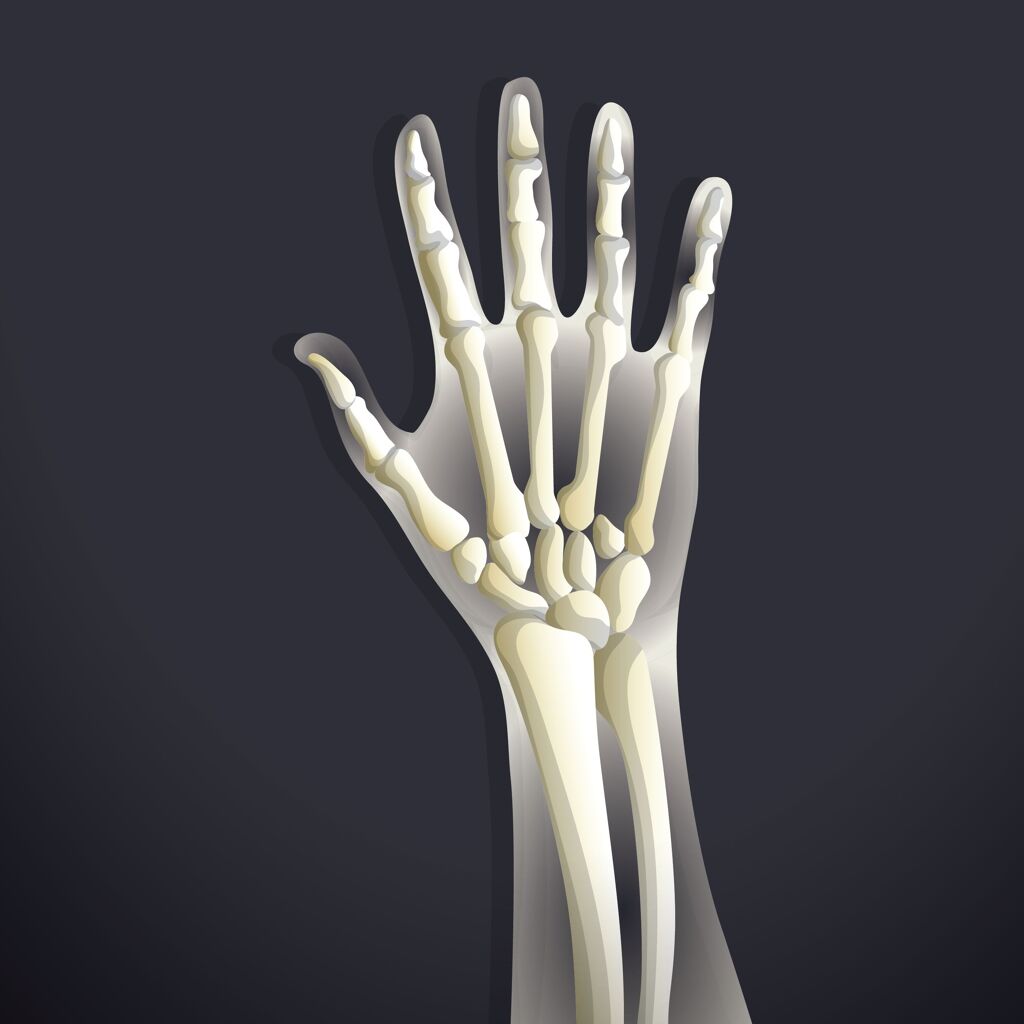How Does Dehydration Affect the Extracellular Matrix?

It is a well-known fact that all living things are made up of cells hence they are also known as the basic unit of life. How the cells work together in terms of knowing what to do and when and how to do it is really fascinating. Cells have a medium of communication to progress in such a systematic manner. This medium is known as the extracellular matrix.
The extracellular matrix (ECM) is an assortment of extra cellular molecules that are secreted by the cells into the surrounding environment. ECM is present within plant, animal and human tissue. The matrix is crucial in the maintenance of cellular functions. A few of the more important ones are:
- Providing physical support to cells
- Separating tissues from one another
- Facilitating intercellular communication
- Cell metabolism
- Cell defense
- Harbors several growth factors
- Cell wall modification
- Gene expression
The various components of the ECM are vital in sustaining an orderly function of the cells. The primary component of extracellular matrix is water, but it also consists of integral proteins such as elastin, collagen and fibrin and polysaccharides (complex sugars). (Christian Frantz, 2010) Among these, certain enzymes and growth factors are also present.
To Read About Blog Topic, Scroll Down
Want To Work With Our Clinic?
Do you have a chronic or mystery illness that no one has been able to help you with? Are you simply wanting to re-connect with a healthier version of yourself? It’s Time To Finally Feel Better!
Since the extracellular matrix exists in a porous state, it results in a high affinity for diffusion of water and other polar molecules through the matrix. Efficient diffusion is observed when the ECM is hydrated. In a state of dehydration, the movement of water through the matrix becomes limited; in other words, the permeability of the ECM is reduced. At a microscopic level, it is seen that the size of the aqueous pores is greatly reduced. Conversely in a hydrated state the pores are about twice as large. (Wayne)
Research suggests that lack of water causes the physiological processes of cells to slow down resulting in adaptation. For instance, the extracellular matrix and cell wall in crops act as a first line of defense during harsh climate or other stressful conditions. Certain proteins of the ECM modify their properties to acclimatize to dehydration.
Read up on how dehydration effects rice seeds here.
In humans, the distribution of water between the intracellular and extracellular compartments is pretty straight forward. Two thirds of the total body water lies within the cells whereas one third is present in the space between the cells. When water is lost from the body, for instance due to diarrhea, vomiting, sweating etc. there is a corresponding exchange of water between the intracellular and extracellular compartments to normalize the osmotic pressure.
Extracellular matrix is a cluster of some of the most resilient microscopic structures within the human body. It is not only versatile but quite flexible in terms of adjusting to harsh conditions. In fact, proteins like collagen, fibrin and elastin are being harvested from different organs to be used in regenerative and replacement therapies.
There’s a saying that it is the small things that count, and it evidently proves true in the case of extracellular matrix.
Want help with your health? Book a free health evaluation call to see if you are a good fit for our clinic by clicking the button on the left below. If you are a clinician interested in advancing your training, please check out our online worldwide functional medicine training institute by clicking the button on the right below.
Book My Free Phone Health Evaluation Functional Medicine Certification for Clinicians
References
Christian Frantz, K. M. (2010). The extracellular matrix at a glance. The Journal of Cell Science, 4195-4200.
Are You Suffering From A Chronic Illness?
Does your current health situation look like this…
- Do you feel that you have tried many things and either nothing works, or the treatment does not hold?
- Have you been told that there is nothing that can be done to reverse your illness and you just need to manage symptoms?
- Does your illness impact your work, your family, your happiness and your social life?
We specialize in finding answers and solutions for complicated chronic illness when people feel like they have tried everything. If this sounds like you, book a free call with us to see if we are the right fit for your health goals.
Dr. Miles has spoken for the following organizations:


















Responses